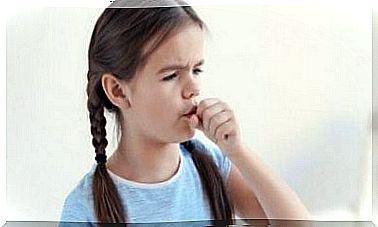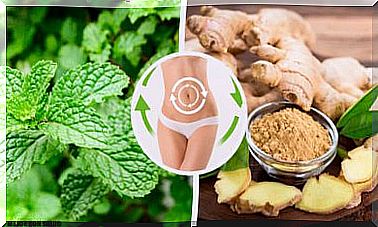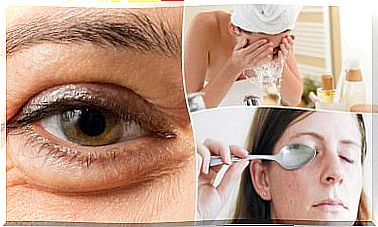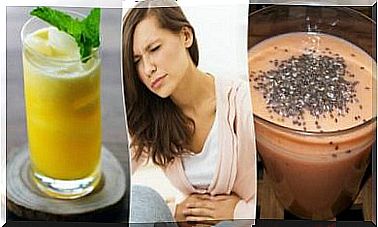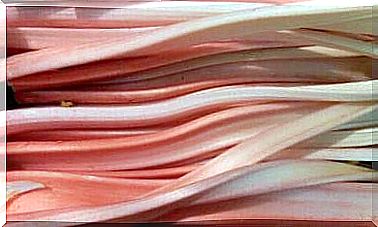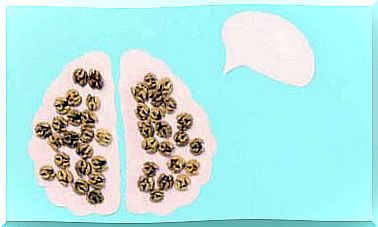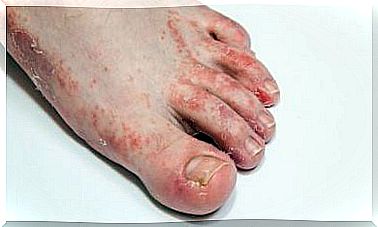What Are Excipients In Medicines?
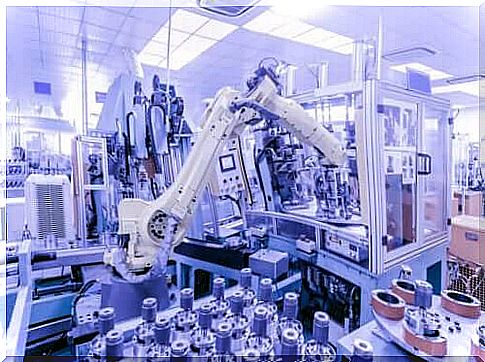
You have probably already heard the term “excipients” because you have seen it many times, perhaps while reading the package leaflet for a medicine. But do you know what it refers to?
Drug excipients are the components of medicine, apart from the active ingredient, which is the therapeutic molecule. In this sense, a drug consists mainly of an active ingredient and excipients.
The purpose of these excipients is to obtain the desired dosage form.
The dosage form is therefore the individualized arrangement to which the drugs and excipients are adapted. In other words, it is the physical appearance given to substances to facilitate their administration.
For example, a syrup is a pharmaceutical form for oral administration, but pills are another pharmaceutical form.
Briefly, manufacturers combine excipients with the active ingredients of drugs in various pharmaceutical forms (for oral, intravenous, anal, nasal administration, etc.) to synthesize a drug which is the combination of said substances.
Let’s take a closer look at it.
What are excipients for medicines?
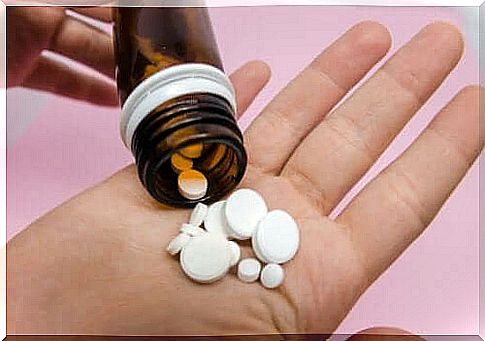
Excipients have the function of facilitating the manufacture, storage and administration of medicinal products. They are also the only components that can vary between a brand name and a generic drug.
Here are some of the most common types of excipients:
- Binders: Their function is to hold the components together. Some of the most common are starch, lactose or sugar such as xylitol.
- Diluents : Solvents fill the contents of a tablet or capsule to obtain a ingestible presentation. Vegetable cellulose is a very common excipient when it comes to tablets or hard gelatin capsules.
- Disintegrants: These excipients improve the release of active ingredients in the digestive tract.
- Lubricants: Essential to prevent lumps from forming or ingredients from sticking to the machines when they are made. Some of the most common substances for this purpose are common minerals such as talc. Steroid grease also acts as a lubricant.
- Coatings: These excipients protect the ingredients from atmospheric substances such as air or moisture. They also make it easier to swallow tablets with a bad taste. A cellulose coating that does not contain allergens is most common.
- Sweeteners : The main function of the excipients is to make the tablets easier to swallow by improving their taste.
- Flavors and dyes: These improve the organoleptic properties of the drugs and as a result improve compliance with the therapeutic regimen.
How do excipients appear in the package leaflet of a medicine?

Excipients are usually inert substances, ie. they have no effect on the body. However, it is sometimes possible that they may have a recognized action or effect, such as allergy or intolerance.
It is for this reason that you should always find out the composition of the medicine and make sure that you are using it properly.
To find out what excipients a medicine contains, only look at the package leaflet or the label. In the former you will find a full description of the excipients.
It is first with the international non-proprietary name (INN), which is the name it is known by, followed by the letter “E” – which is not always displayed – and finally its number.
The product label may only appear with the letter “E” and the corresponding number. In other words , the common name does not have to be displayed.
Take, for example, the excipient titanium dioxide. The package leaflet must contain “titanium dioxide E171” for medicinal products containing this excipient.
Thanks to this information on the package leaflet, many health problems can be prevented. For example, celiac patients can check if the drug contains gluten. Similarly, patients with lactose intolerance can see if any components affect them.
Conclusion
Excipients are essential for the manufacture of medicines. They improve the taste, appearance, absorption and distribution of the preparation.
As some of them may cause allergic or intolerant effects, read the package leaflet or ask your doctor or pharmacist before taking the medicine.

